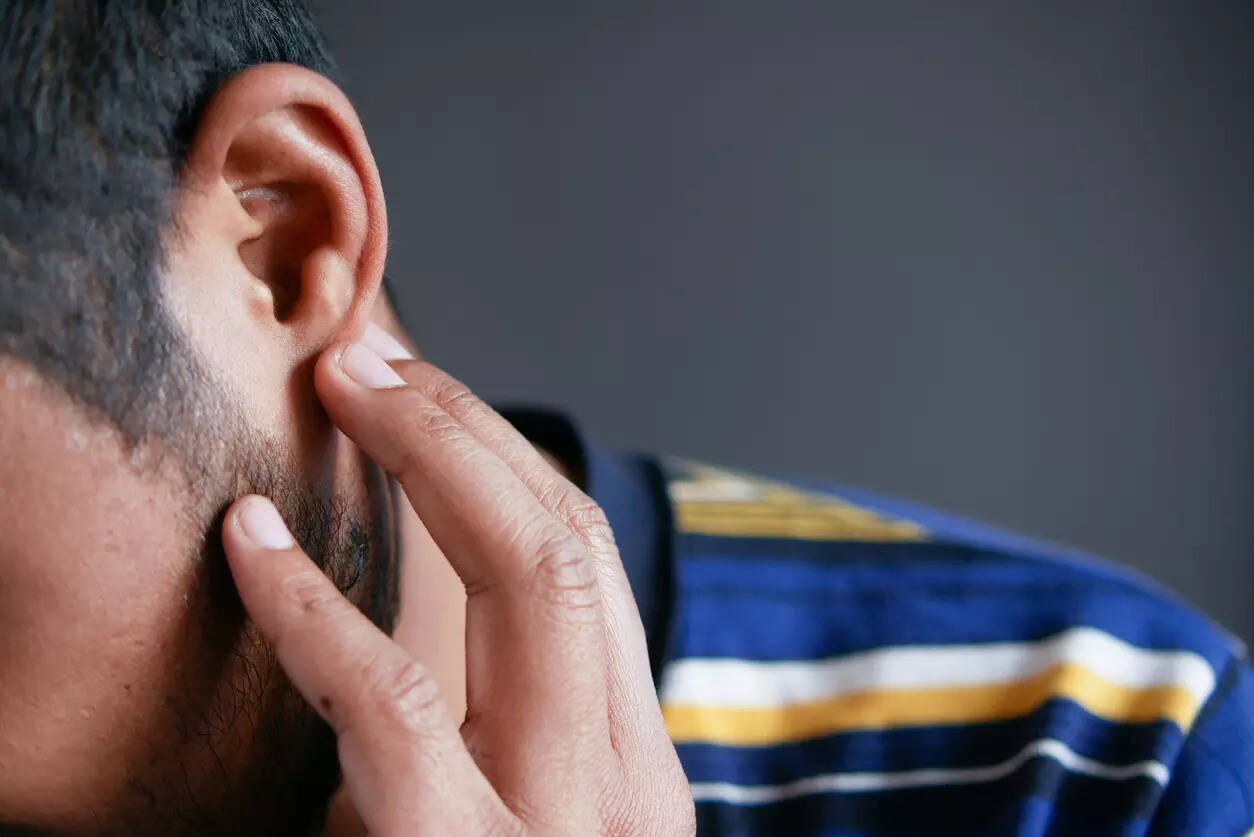
Hearing loss affects millions of Indians, yet it remains one of the least discussed and least treated health issues in the country. Unlike poor vision, which usually drives people to seek treatment early, declining hearing often goes unnoticed or unaddressed for years. Experts warn that this neglect is creating a silent public health crisis.
According to health estimates, more than 60 million Indians live with significant hearing loss. What makes the problem alarming is that it cuts across age groups, from children struggling with delayed language development to elderly citizens at risk of dementia. Despite its reach, awareness about hearing care is minimal, and treatment is often delayed.
“Hearing loss is rarely seen as a medical issue in India. People dismiss it as a normal part of ageing or something to be tolerated,” says Vishwajeet Vishnu, Founder and Managing Director of Ear Solutions, an audiology clinic network with presence in more than 75 cities. “By the time patients seek help, five or even ten years may have passed, and the brain’s ability to process sound has already weakened.”
More than just an ear problem
Unaddressed hearing loss has far-reaching consequences. Studies show that it can trigger social withdrawal, reduce productivity at work, and lead to anxiety and depression. For children, untreated hearing issues can affect speech, comprehension, and learning outcomes. Among older adults, it has been identified as one of the leading risk factors for dementia.Despite these links, routine hearing checks are not part of school health programmes or annual medical screenings for adults. This absence of preventive care means problems are detected only at advanced stages.
Barriers to treatment
Access to hearing care in India faces four major hurdles: lack of awareness, high cost, limited infrastructure, and stigma. Modern hearing aids are technologically advanced but remain unaffordable for many, with little or no insurance coverage. Audiologists are concentrated in metropolitan areas, leaving rural and semi-urban regions underserved.
“Even when solutions are available, many people avoid using hearing aids because of stigma. They fear being judged as old or disabled, so they smile and pretend to understand instead of seeking help,” says Vishnu.
What needs to change
Vishwajeet Vishnu suggests India must treat hearing care with the same urgency as eye health or diabetes management. Integrating basic hearing tests into school health programmes and preventive check-ups for adults over 40 could help in early detection.
Awareness campaigns are equally important to normalise the use of hearing aids. Training frontline health workers to identify early signs and providing subsidies for devices under schemes like Ayushman Bharat would also help expand access.
India also lacks a dedicated national policy on hearing health. Vishnu said a policy could help set benchmarks for screening, treatment, and rehabilitation, while reducing stigma around assistive care.
A health challenge waiting for attention
For now, hearing loss continues to remain in the shadows, widespread but largely ignored. With timely intervention and better infrastructure, much of the damage caused by untreated hearing loss can be prevented.
“Hearing is an essential sense, no less important than vision,” Vishnu adds. “If we can run health camps to test blood pressure and sugar levels everywhere, there is no reason why hearing cannot be included.”
Until that happens, India’s silent epidemic will keep growing, affecting millions of lives without making much noise.